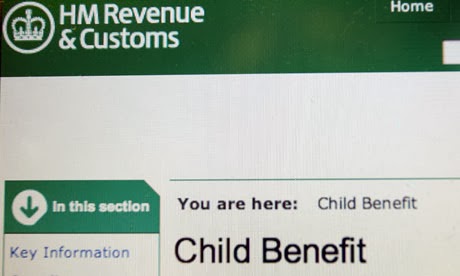"there are other European countries, who like me, think it’s wrong that someone from Poland, who comes here, who works hard and I am absolutely all in favour of that – but I don’t think they should be paying, we should be paying child benefit, to their family back at home in Poland."This prompted a fierce riposte from Polish Foreign Minister Radoslaw Sikorski (not exactly a supporter of Cameron's EU strategy anyway) on twitter which comes hot on the heels of another UK-Polish row over the issue of free movement:
If Britain gets our taxpayers, shouldn't it also pay their benefits? Why should Polish taxpayers subsidize British taxpayers' children?
— Radosław Sikorski (@sikorskiradek) January 6, 2014
@BrunoBrussels UK social security rules apply to all resident EU citizens. No need to stigmatize Poles. What about British children abroad?
— Radosław Sikorski (@sikorskiradek) January 6, 2014
This is the crux of the matter - under EU law, specifically the regulation on social security co-ordination) it is difficult for the UK to discriminate between UK citizens and other EU/EEA nationals (remember the EU has already launched a legal challenge against the UK's right to reside test) so they are all equally eligible to receive child benefit providing they meet the other criteria.Although the sums of money are not huge when compared to other welfare expenditure (estimated by Migration Watch - not known for providing conservative estimates - to be £55m a year), to many voters this process is incomprehensible and cannot be justified which is why Cameron has singled it out as a priority for renegotiation. However, Sikorski and others are entitled to point out that Poles and other EU nationals pay tax in the UK and so contribute towards funding the system. As we've pointed out on a number of occasions, EU free movement comes with economic benefits - the UK debate ahead of the lifting of transitional control has at times been pretty hysteric - but at the same time, radically different income levels and varying benefit systems do present a challenge which requires sensitive and pragmatic political management.
Ultimately, there is no reason why a sensible compromise cannot be reached, but this requires proper, policy based discussions, rather than trading in hyperbole. This is precisely what our upcoming EU reform conference is geared towards - bringing leading reformers from around Europe together to debate the issues and appreciate that different countries come at these issues from different perspectives. Given recent developments, our roundtable debate on free movement - featuring Tory MP Priti Patel and Civil Platform MP Agnieszka Pomaska - who chairs the Polish parliament's EU Affairs committee - is set to be one of the highlights of the conference.
Do get in touch if you want to know more about the conference.

